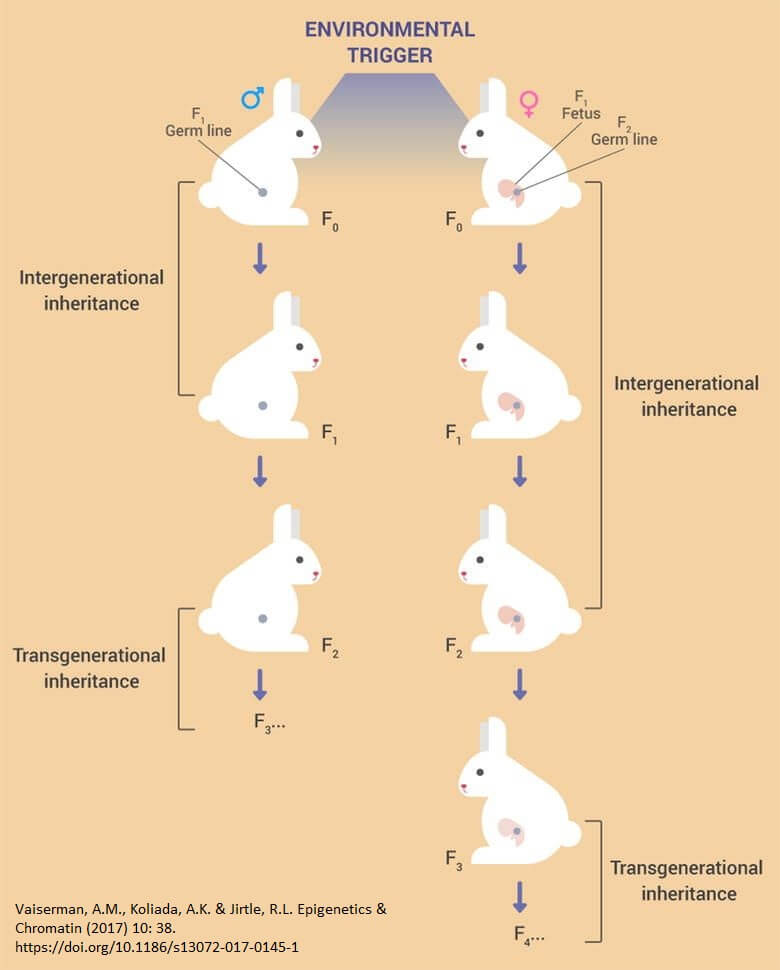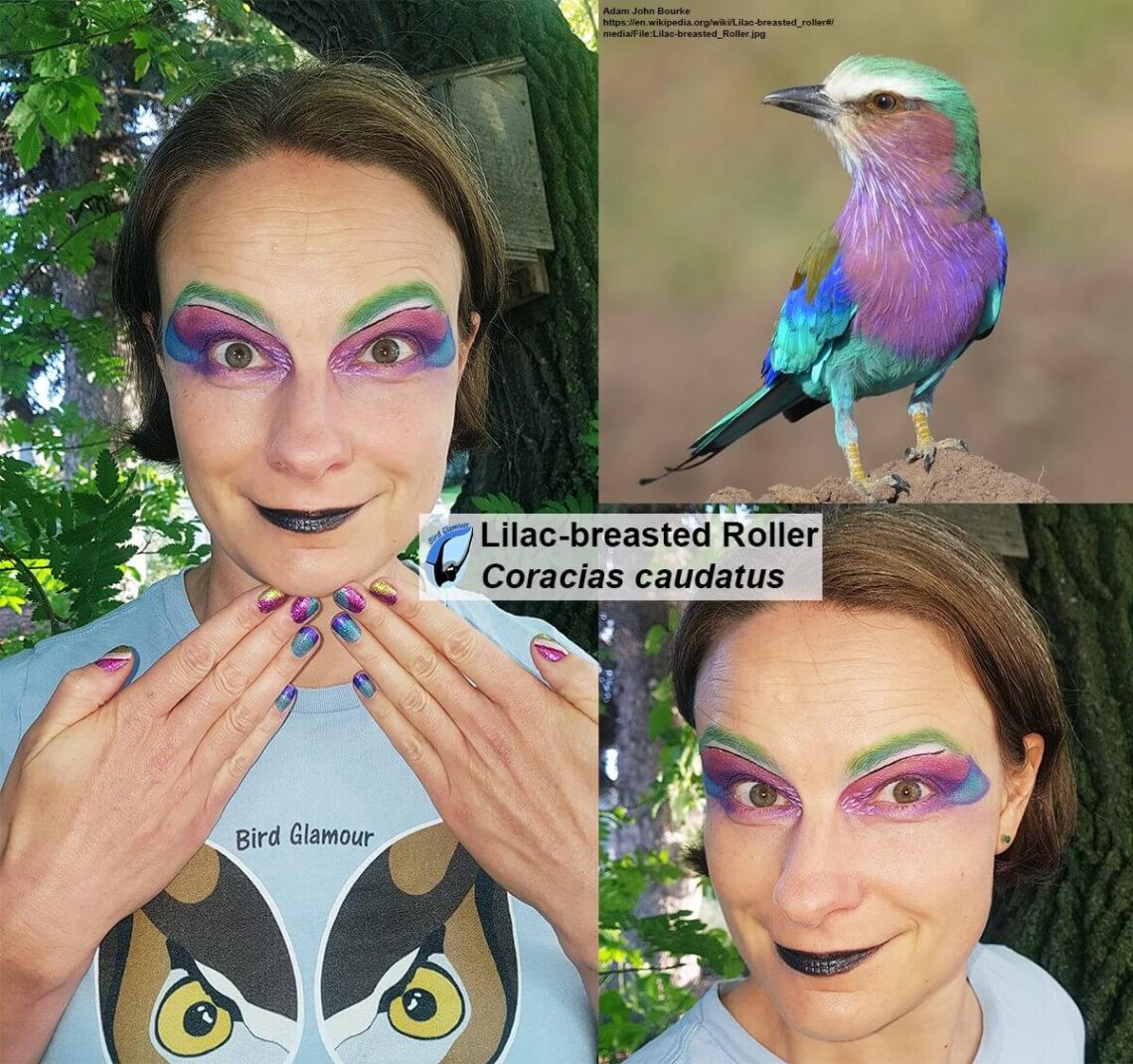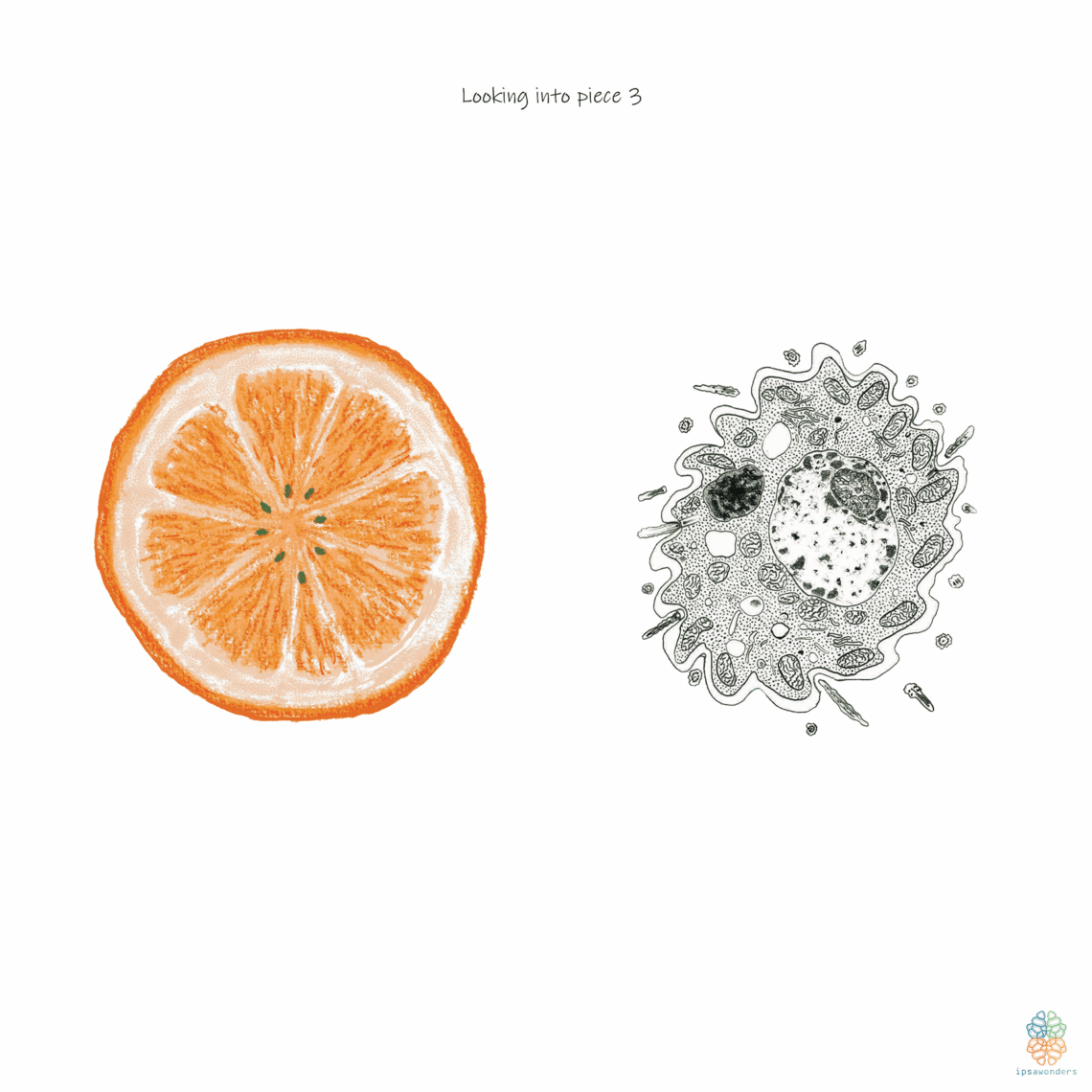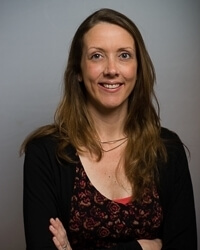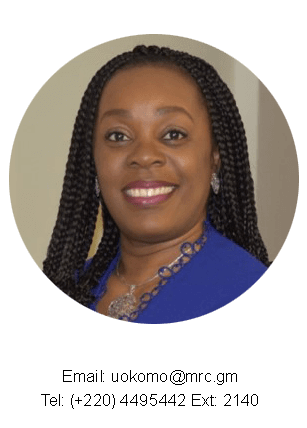The sins of the father revisited? I had the privilege recently of taking part in a family constellation exercise. The supposed objective of this is to uncover trauma or events experienced by previous generations, that have caused discordance in the family dynamic, which are then inherited by the present individual resulting in problems or difficulties. While this was entirely based on psychological concepts and maybe some pseudoscience (I went in with my usual dose of healthy skepticism), I was surprised to learn much later on that such a concept does exist biologically. It is called transgenerational inheritance. We all inherit…
-
-
What is more exciting than looking for dinosaurs? Dinosaurs have captured human imagination across the globe through popular culture. The thrill of finding remnants of these almost mythical creatures that lived thousands of years ago, and putting together the puzzle of their nature has been the driving force of the field of paleontology for years. Some lucky individuals are in the driver’s seat of researching the pre-historic, and one of them is Dr. Lisa Buckley. Lisa is a vertebrate paleontologist, who specializes in the study of the tracks and traces of Mesozoic animals, specifically Cretaceous-age (145 million years ago to 66…
-
Connecting Science and Art takes a special talent. I saw the orange glow of an ethidium bromide stained DNA band on a UV trans-illuminator for the first time while on a school trip. The result of this was that I fell in love with the idea of fundamental sciences, that led me towards a PhD in molecular biology. During the PhD however, I realized that my interests lay beyond the bench, and I pivoted and started working as a scientific illustrator. I began to appreciate the importance of images in many areas, including science communication, peer to peer discussions and…
-
An interview with an investigative science journalist Doing unbiased science is somewhat of a given in the world of research, but how do you ensure that reporting of this science is unbiased, free of sensationalism and yet interesting and understandable to the general public? In this podcast, I spoke to Jop de Vrieze (1), a freelance investigative science journalist, and asked him how he ensures what he reports is unwaveringly true to fact. Jop gives a thorough picture of his incredibly interesting job, where he reads literature, talks to scientists, and then writes a story about the topic, which sometimes…
-
Big data could lead to personalized medicine. Although mental health is currently one of the top global health priorities, there has been no major progress in treating psychiatric disorders since the 60s. The available therapies are ineffective, and prophylaxis is practically non-existent. To find a way out of this deadlock, psychiatry needs to consider different research approaches. One of the major obstacles for moving psychiatry forward is the enormous inter-individual variability. Patients with somewhat similar symptoms receive the same diagnosis, although the symptoms might have very different biological backgrounds. This is comparable to including migraine, hypertension and brain cancer into…
-
What does science say about work place inclusion? We all know in theory that people feel happier and work better together if they are accepted by their immediate community for being who they are, but is there actual science that proves this point? What is needed to actually bring about social change? What role do allies have in this process? In celebration of Pride around the world this summer, I had the pleasure of interviewing Jojanneke van der Toorn, who is a joint professor with both Leiden University and Utrecht University. In this podcast, she outlines the basic concepts of…
-
Being a pediatrician in Gambia is a challenge. In a country like Gambia, where hospital infrastructure can be a challenge, medical professionals still work tirelessly to help those in need, especially the most vulnerable, the neonates. One such heroine is Dr. Uduak Okomo, a pediatrician and infectious disease epidemiologist. Uduak is affiliated with MRC unit The Gambia as well as the London school of Hygiene and Tropical Medicine. Recently Uduak was also one of the proud winners of the OWSD – Elsevier Foundation awards for Early career women scientists in the developing world. I had the honor of interviewing Uduak,…
-
There are many reasons why antimicrobials are failing. The discovery of penicillin heralded a new age in treating infectious diseases. We finally had a means to cure infections specifically and successfully, and this created a whole slew of antimicrobial drugs, eradicating diseases that would otherwise almost certainly kill the patient. However, these days, infectious disease agents are finding ways to overcome and become resistant to the arsenal of antimicrobials that we have. Scientists are now scrambling not only to discover new antimicrobials, such as antibiotics, but also to discover the mechanisms by which bacteria, fungi and other infectious agents are…
-
Fungi are absolutely cooler than you might think. Think of fungi, and images of cheese gone bad, mushrooms and that annoyingly persistent infection between your toes are sure to pop into your head. But fungi are so much more than that. The Westerdijk Insitute.(Photo credit: Thijs Rooimans) I interviewed Professor Pedro Crous, the director of the Westerdijk Institute in Utrecht, The Netherlands, to find out more about fungal diversity, and why it is so important to keep doing research in this extremely exciting area. Pedro is also instrumental in pioneering a citizen science project, where school children are asked to…
-
Meet a completely new way of thinking about science! Think of the word “hack” and you might have negative mental images of illegal online activity, ala Mr. Robot. But the original idea of hacking was a positive one, where one would take things apart, understand how they work, and then work to improve them. Biohacking is defined by the Merriam – Webster dictionary as ” biological experimentation done to improve the qualities or capabilities of living organisms especially by individuals and groups working outside a traditional medical or scientific research environment”. And one institution in the Netherlands has taken this…

